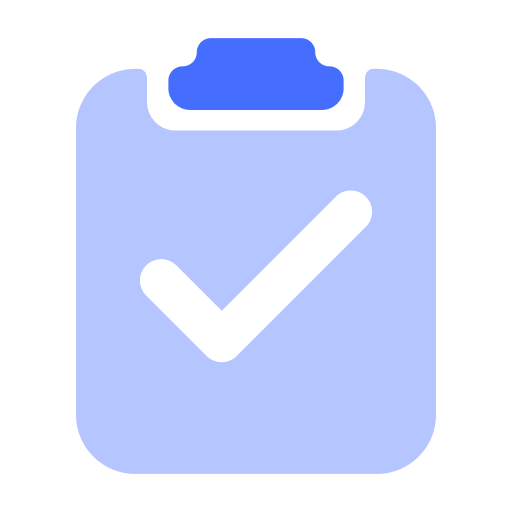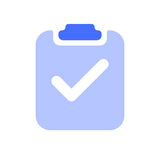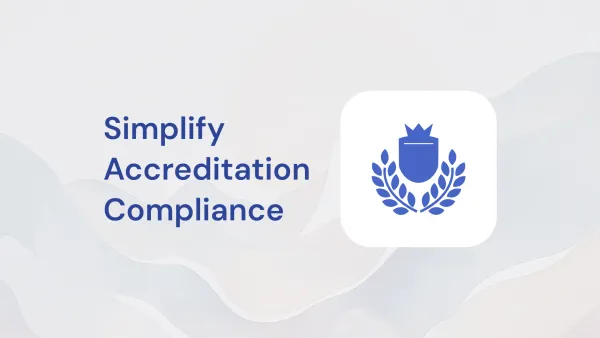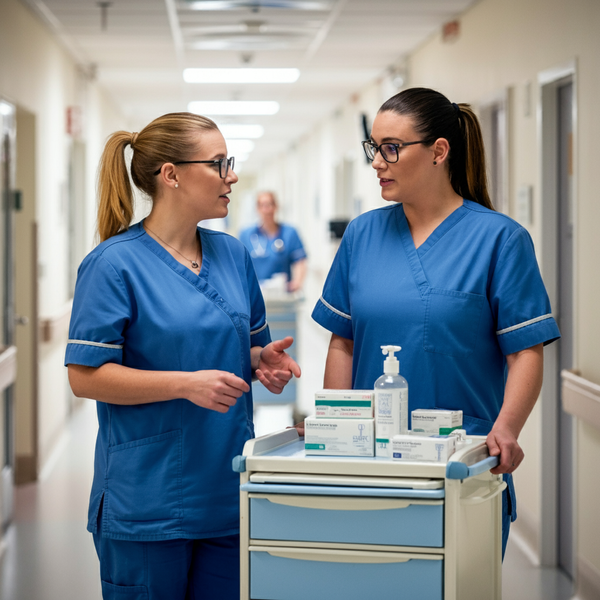Comprehensive Guide to Nursing Clinical Tracking
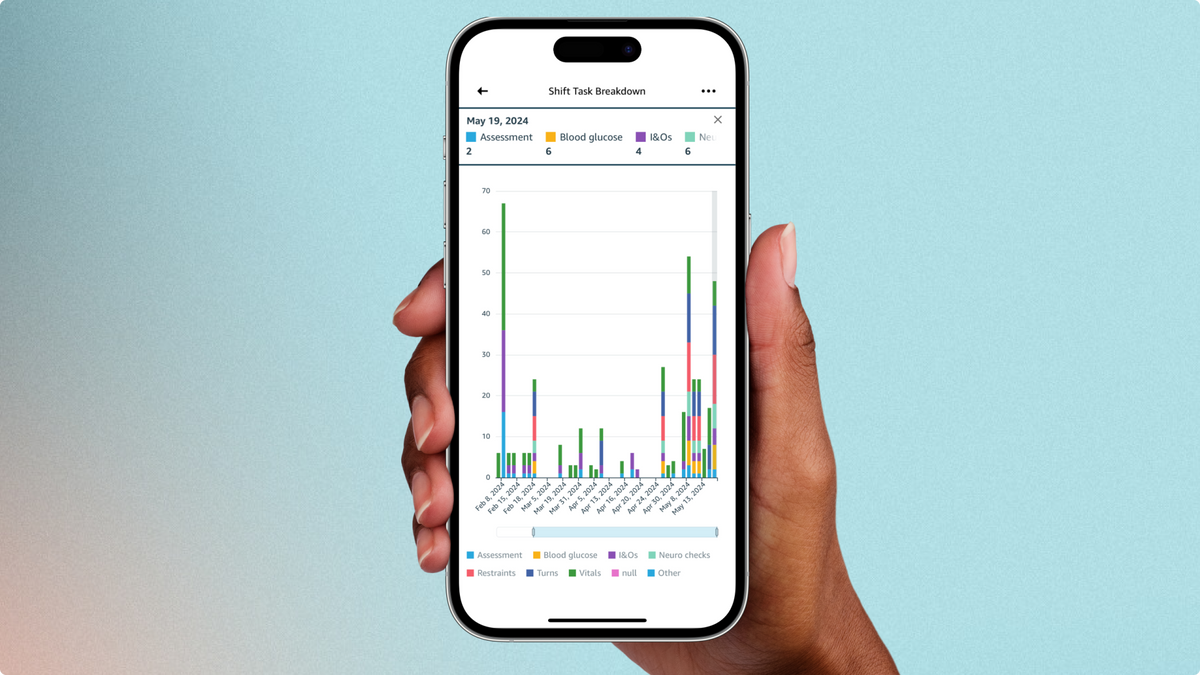
Clinical tracking systems are indispensable tools for nursing education programs that provide robust solutions for managing and tracking clinical hours, competencies, and student performance. As the demand for skilled nursing professionals increases, educational institutions must adopt efficient tracking systems to ensure their students meet all required clinical competencies. This article delves into the essentials of nursing clinical tracking, its benefits, and how it can revolutionize nursing education.
What is Nursing Clinical Tracking?
Nursing clinical tracking involves the use of digital systems to monitor and document the clinical experiences and competencies of nursing students. These systems help educators and administrators keep accurate records of students' progress, ensuring they meet the necessary clinical hours and skill requirements mandated by accreditation bodies.
Why Nursing Clinical Tracking is Essential
- Accurate Record-Keeping: Traditional paper-based methods are prone to errors and loss of data. Digital tracking systems ensure precise and secure documentation of clinical hours and competencies.
- Compliance with Accreditation Standards: Nursing programs must adhere to strict accreditation standards. Clinical tracking systems facilitate compliance by providing comprehensive and easily accessible records.
- Enhanced Student Feedback: Real-time tracking allows educators to provide timely and constructive feedback, which is crucial for student development.
- Streamlined Administrative Processes: Automating the tracking process reduces administrative burden, allowing faculty to focus more on teaching and mentorship.
Key Features of an Effective Nursing Clinical Tracking System
- User-Friendly Interface: A system that is easy to navigate ensures higher adoption rates among students and faculty.
- Customizable Templates: The ability to customize templates for different clinical rotations and competencies is vital for addressing the unique needs of various nursing programs.
- Mobile Accessibility: With the increasing use of mobile devices, systems that offer mobile apps or responsive web design are more convenient for users.
- Real-Time Data Entry: Allowing students to enter data in real-time helps in maintaining up-to-date records and reduces the risk of forgetting crucial information.
- Comprehensive Reporting: Detailed reports on student progress, clinical hours, and competencies are essential for both students and educators to track progress and identify areas for improvement.
Benefits of Implementing a Nursing Clinical Tracking System
- Improved Educational Outcomes: With accurate tracking, educators can ensure that students are gaining the necessary clinical experiences and competencies, leading to better-prepared graduates.
- Efficiency and Time-Saving: Automation of data entry and reporting saves time for both students and faculty, allowing more focus on education and training.
- Data Security and Compliance: Digital systems are designed to comply with data protection regulations, ensuring security and confidentiality.
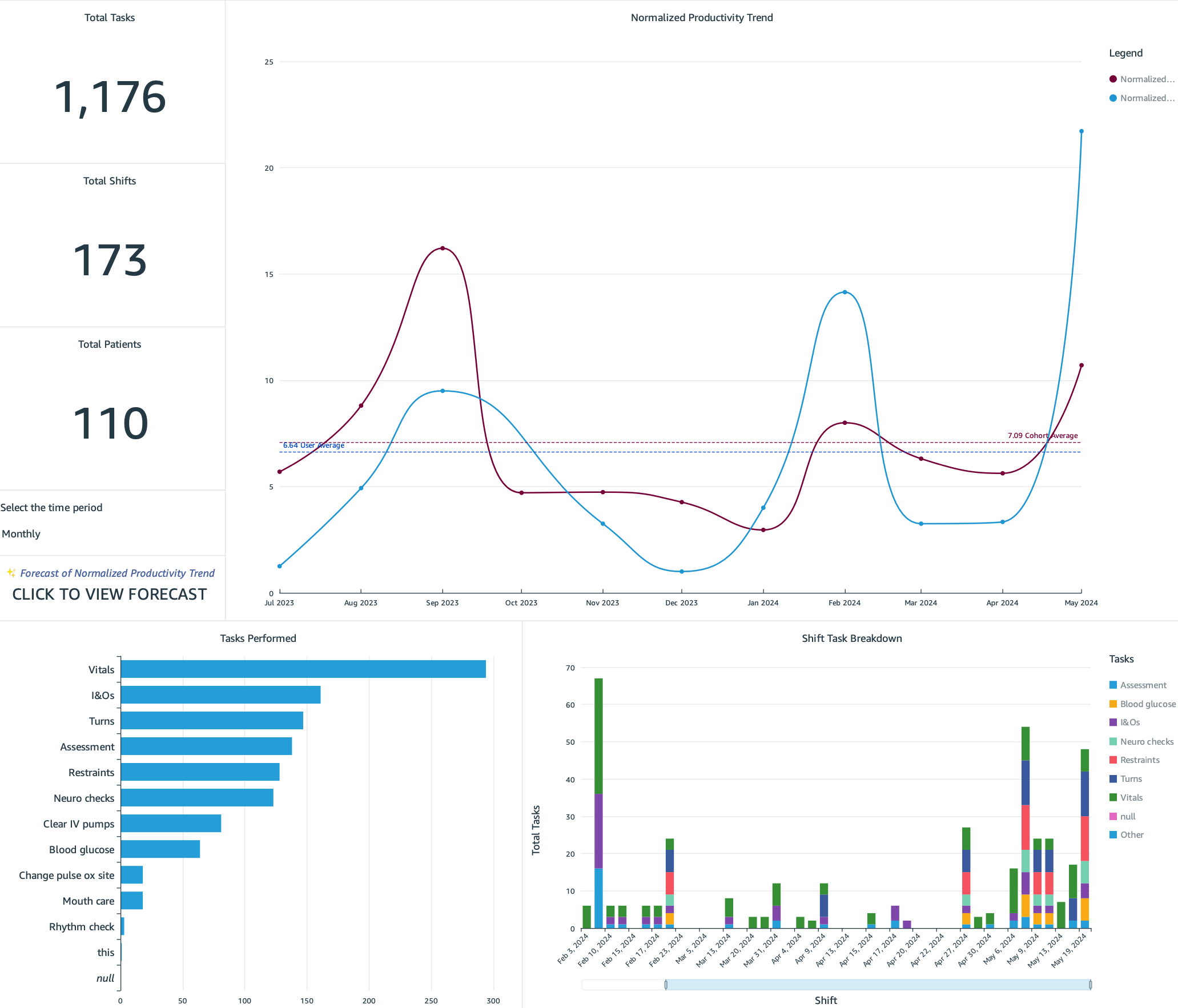
NurseTasks: The Ideal Solution for Nursing Clinical Tracking
One standout solution for nursing clinical tracking is NurseTasks. This platform offers comprehensive features tailored to meet the needs of nursing education programs:
- Real-Time Skills Logging: NurseTasks enables students to log their skills and competencies in real-time, whether on-site or remotely. This feature ensures accurate and up-to-date records of student performance.
- Advanced Reporting Dashboards: The platform provides detailed analytics and documentation necessary for demonstrating clinical competency achievement. Educators can quickly identify areas needing remediation and track both individual and cohort performance.
- AI-Powered Insights: NurseTasks leverages artificial intelligence to generate custom reports and predictive analytics. Educators can ask questions in natural language, such as forecasting student performance or understanding productivity trends.
- Mobile Accessibility: NurseTasks supports mobile access, making it easy for students and educators to update and review information on the go.
- Data Security: Designed to comply with data protection regulations and HIPAA, NurseTasks ensures that all student and patient information is securely stored and managed.
NurseTasks' robust features and user-friendly design make it an ideal choice for institutions looking to streamline their clinical tracking processes and enhance the overall educational experience for nursing students.

Nursing clinical tracking systems are transforming the way nursing education is delivered and managed. By providing accurate, real-time data on student progress and competencies, these systems enhance the quality of education and ensure that nursing graduates are well-prepared to meet the challenges of the healthcare environment. As technology continues to advance, the adoption of efficient clinical tracking systems like NurseTasks will become increasingly critical for nursing programs aiming to maintain high standards and produce competent, skilled nursing professionals.
